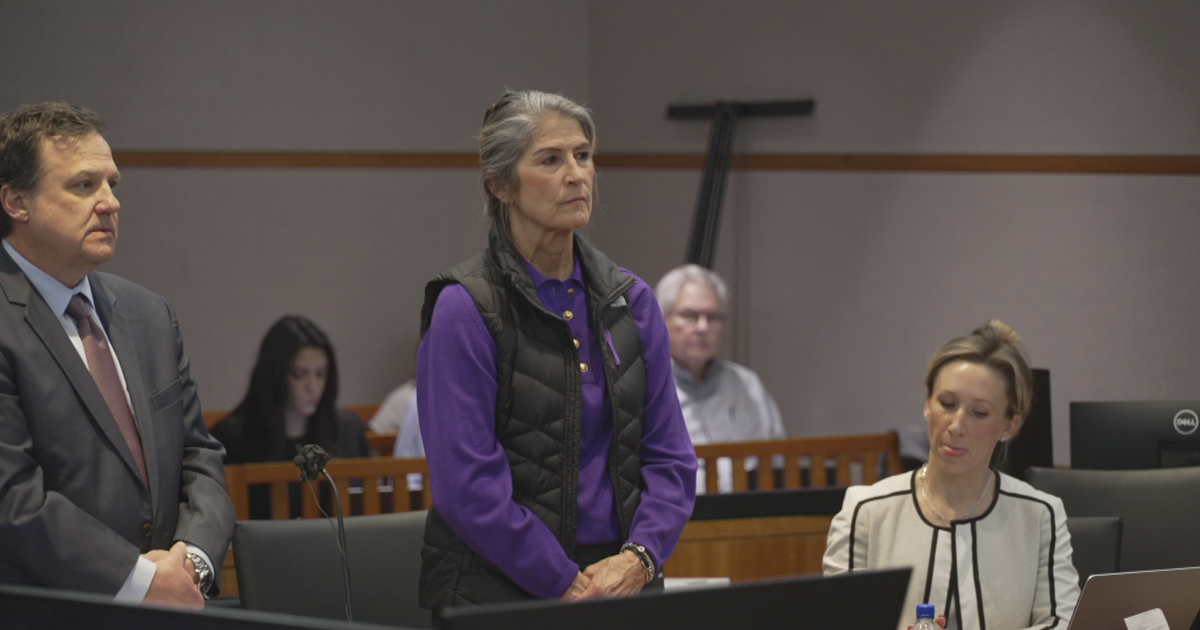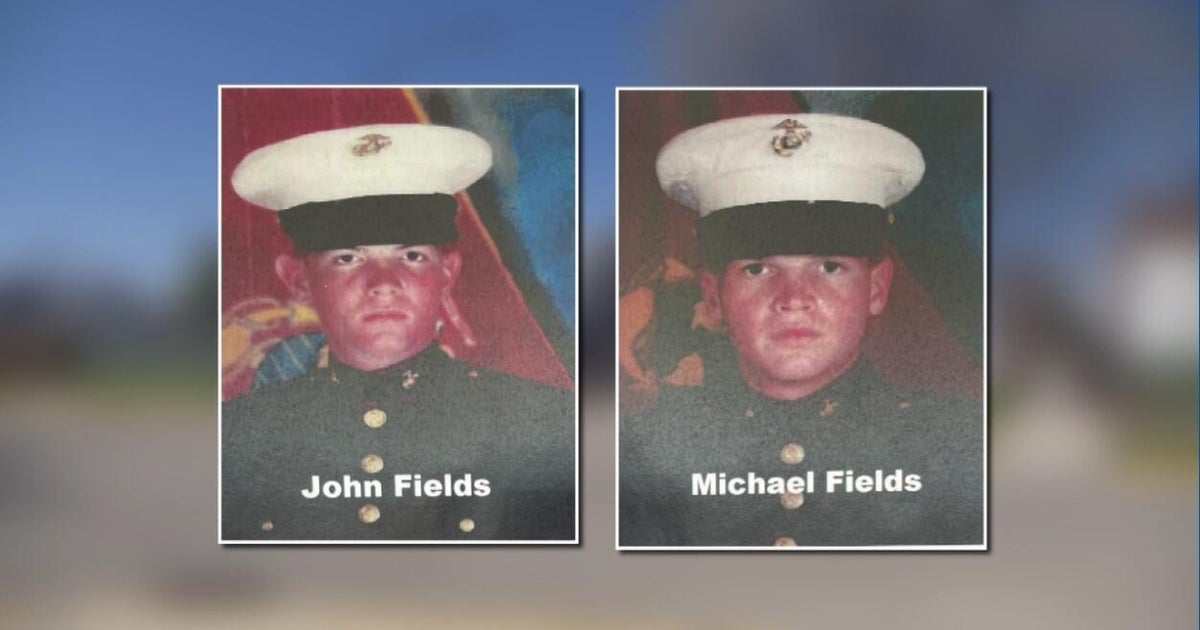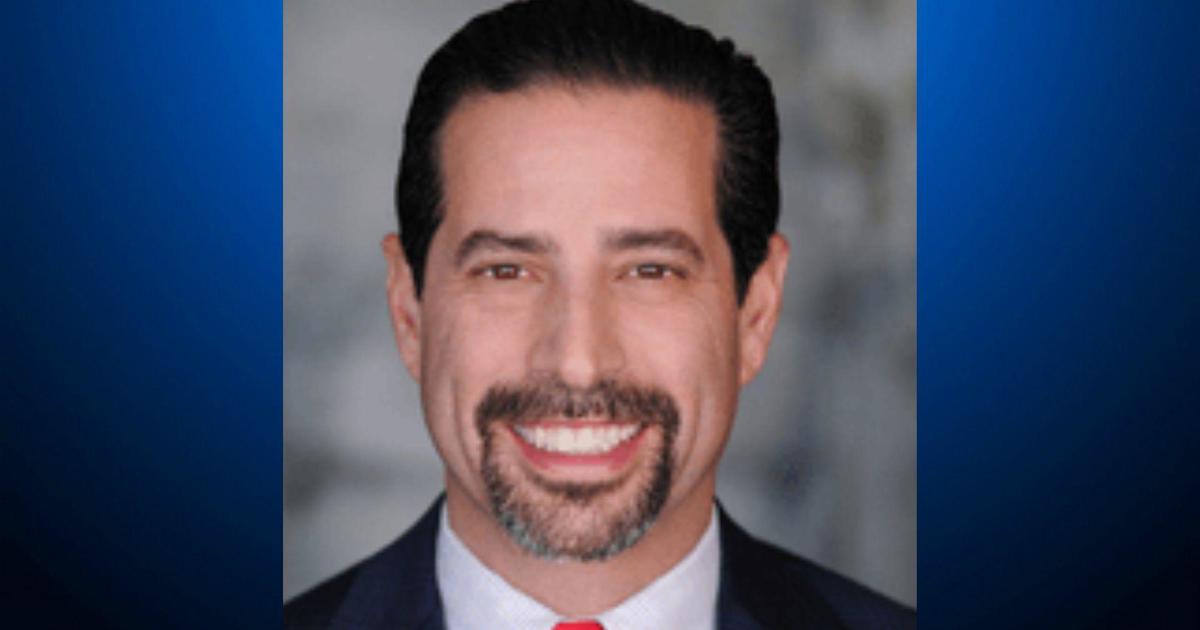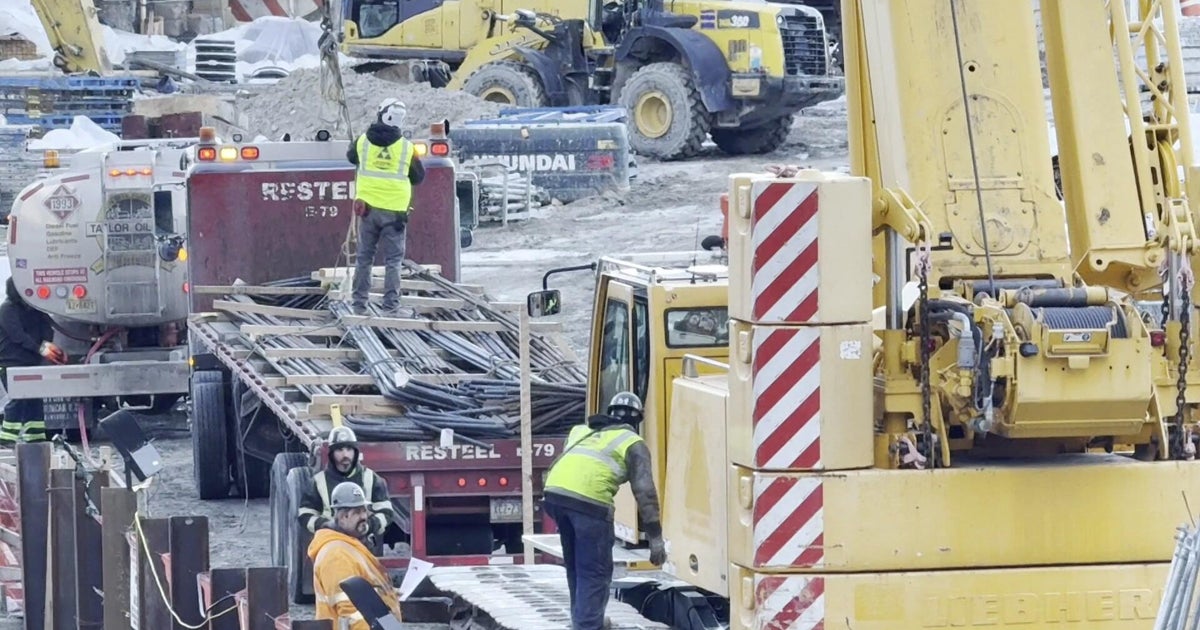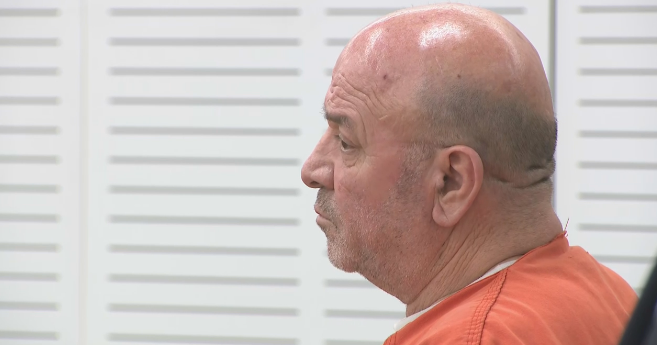Former President Trump pleads not guilty to federal charges; what's next in unprecedented indictment?
CHICAGO (CBS) -- Former President Donald Trump pleaded not guilty Tuesday to 37 felony counts related to his alleged mishandling of classified documents. This is the first time the Department of Justice has ever charged a former president with a crime.
CBS 2 Political Investigator Dana Kozlov reported Trump was released on his own recognizance after the 45-minute proceeding. As a condition of his release, he is barred from talking to his aide Walt Nauta, who was charged on six counts in the 44-page indictment, about the case.
The Justice Department will submit a list of people who could be witnesses in the case, many of whom are former or current employees of Trump or allies. The judge said that Trump will not be able to speak with people on this list. Trump's legal team had objections to this provision, but the judge decided the list would still be submitted, and any further disagreement would be settled by the court.
CBS News has learned the prosecution has more witnesses and evidence they have not yet revealed. CBS 2 Legal Analyst Irv Miller said that's very common in the early stages of criminal cases.
"When you have an indictment, that's usually the bare bones. This case was a little more than the bare bones, but it wasn't the meat of the case, which is going to come at trial," he said. "We're going to see things then that you don't even know about right now. So it's very typical that you learn more later than what you know now."
Miller believes prosecutors wanted to be as thorough as possible.
"This was the most detailed, the most specific, the most damning indictment as far as laying out the evidence," Miller said.
Mr. Trump is the first former president to face federal indictment – and he continually declares he is the victim of political persecution.
Hundreds of supporters who showed up outside the federal courthouse in Miami seem to agree. There were protesters outside too.
Meantime, documents bearing classification markings earlier this year were been found at President Joe Biden's former office and his Wilmington, Delaware, home.
Miller said there's a key difference between Trump's indictment and the documents found at Biden's and Pence's homes.
"First of all, they're not subject to the presidential retention of records act, as they were vice presidents. You also have the situation they didn't conceal documents, they didn't withhold documents, they didn't try to talk their lawyers into concealing, making misrepresentations to the FBI. Two different worlds. One doesn't apply to the other, has nothing to do with one another," Miller said.
The records found in President Biden's home and former office date back time as vice president and in the Senate, and Attorney General Merrick Garland appointed a special counsel, Robert Hur, to oversee an investigation into the handling of the documents. The number of the documents discovered in Mr. Biden's possession is far smaller than those recovered from Trump's Mar-a-Lago estate in Palm Beach: the total number of known classified documents found at Biden's home and former office since November is between 25 and 30, while roughly 300 classified documents were found at Mar-a-Lago. Additionally, President Biden's lawyers, who found the materials, immediately notified the Archives and Justice Department of their discovery, while Trump is accused of trying to hide the documents at Mar-a-Lago from investigators.
Mr. Biden also consented to searches of his Wilmington and Rehoboth Beach, Delaware, homes.
In Pence's case, the Justice Department investigated the matter and spoke with several aides as part of its probe, as well as Pence. Officials closed the inquiry without bringing criminal charges.
Miller said one potential witness who sticks out in Trump's case is his valet, Nauta, who was charged alongside him, should he decide to cooperate with the feds.
"He would be the most significant witness to testify against the president if in fact he decided to flip. Frankly, I'm sure there's negotiations between the government and his lawyer. He's looking at a potential 20-year sentence in a federal penitentiary. There's an incentive there to join the other side, and testify to avoid all jail time if he testifies, or possibly a lot smaller amount of jail time," Miller said.
Miller expects federal prosecutors started pressuring Nauta to cooperate with the investigation before the indictment, but it hasn't worked yet.
"But now they have a federal judge looking down at them, and has the power to lock him up for a long time, and that sometimes changes people's minds when you're in that situation," Miller said.
The charges against Trump involve 31 records "relating to the national defense" discovered at Mar-a-Lago, according to the indictment, including White House intelligence briefings from 2018 through 2020 related to foreign countries, documents concerning military capabilities of foreign countries and the U.S., a June 2020 document involving a foreign country's nuclear capabilities, an undated record about U.S. nuclear weaponry and a document from October 2018 concerning the communications with another country's leader.
Twenty-one of these documents had a "TOP SECRET" classification marking, while nine were marked "SECRET." The final document bore no marking, according to a chart included in the indictment.
The counts in the indictment stem from special counsel Jack Smith's investigation into documents recovered from Trump's South Florida residence, Mar-a-Lago, after he left the White House in January 2021. Roughly 300 documents marked classified in all were retrieved from Mar-a-Lago in the months after the end of Trump's presidency.
The indictment states that Mar-a-Lago "was not an authorized location for the storage, possession, review, display, or discussion of classified documents" after Trump left office.
Photographs in the indictment show boxes of classified documents stored in a ballroom, a bathroom, an office, his bedroom, and a storage room.
The charges claim Trump showed classified documents to others and notes that on multiple occasions, the former president spoke of the importance of protecting classified information, both as a candidate in 2016 and then as president. The former president did not inform U.S. Secret Service he was storing records with classification markings at Mar-a-Lago.
The indictment lays out the efforts by the National Archives and Records Administration, then the Justice Department, to recover presidential records. Those demands began with the Archives in May 2021 and escalated over the next 15 months, with a federal grand jury issuing a subpoena on May 11, 2022, for all documents with classification markings.
Prosecutors detailed what they said were the former president's efforts to obstruct the probe, including suggesting his attorney falsely represent to investigators that Trump didn't have documents relevant to a grand jury subpoena and directing Nauta to move boxes of records to conceal them from Trump's lawyer, the FBI and grand jury.
He also suggested his attorney hide or destroy documents covered by the subpoena. Prosecutors allege that Trump directed his attorney to sign a "sworn certification" that all the classified documents had been turned over to the FBI — when Trump knew there were more classified documents at Mar-a-Lago.
Former Trump attorney Tim Parlatore acknowledged that the indictment, if one assumes everything in it is true, doesn't look great on its face. But Parlatore noted that as a criminal defense attorney, he often looks at indictments and the evidence doesn't always match up the way the Justice Department says it does.
CBS Evening News anchor and managing editor Norah O'Donnell asked Parlatore if Trump's former attorney general Bill Barr's assessment that it's a "very very damning indictment" is wrong.
"Well I think that the problem is, you look at the indictment and if you just read it by yourself and you assume that everything in it is true and you kind of ignore a lot of the conduct of the DOJ team in getting this way, it can look that way," Parlatore said. "However, as a criminal defense attorney, one of the things that I do for a living is I take documents like this, I look at them a little more skeptically. I then go through the evidence to see if it actually matches up. And oftentimes, it doesn't. DOJ oftentimes will bring indictments where by the time we get to discovery, we realize, these aren't true, or they're certainly not airtight.
"Just because it looks damning" doesn't mean it is, Parlatore said.
Parlatore questioned the way the Justice Department has handled the case, in particular,, the crime-fraud exception that was granted by a judge to pierce attorney-client privilege and allowed records of a conversation between Trump and Trump attorney Evan Corcoran to be presented to the grand jury.
Corcoran argued Judge Beryl Howell "got it wrong." Beyond his contention that Trump's legal team wasn't "able to fully litigate the motion," in response to the special counsel's motion to pierce the privilege, Parlatore cast Trump's comments to Corcoran as questions it would be reasonable for a client to ask: what am I required to do? What are we allowed to do?
He argued that one element that has not received much mention is Trump's remark, Parlatore said, "where he's specifically saying, 'I read about when Hillary Clinton got a subpoena and David Kendall deleted 33,000 emails. Are we allowed to do the same thing because they didn't get into trouble?" "You want clients to ask you those kinds of questions," he argued, so they can understand what their rights are, and they should be able to ask those questions in an attorney-client privilege environment.
Trump, according to notes included in the indictment, said, "I don't want anybody looking, I don't want anybody looking through my boxes, I really don't, I don't want you looking through my boxes." He also said, "Well what if we, what happens if we just don't respond at all or don't play ball with them?" And "Well look, isn't it better if there are no documents?"
Parlatore said ultimately, he thinks that testimony will be suppressed because Howell "got it wrong."
Meanwhile, hours after his arraignment, Mr. Trump sounded more like a victor than a defendant as he addressed a New Jersey rally.
Trump took the stage at his Bedminster, New Jersey, resort at 8:45 p.m. to "God Bless the USA" and chants of "Trump, Trump, Trump."
Supporters waved and caught video of the former president on their cell phones.
Trump, making his first public remarks since being arraigned, again repeated many of the same false claims he has made over the past several days, alleging the indictment is a "political persecution like something straight out of a fascist or communist nation."
The hearing on Tuesday was handled by U.S. Magistrate Judge Jonathan Goodman, but now, the case will move into the courtroom of U.S. District Judge Aileen Cannon. Cannon is a Trump-appointed judge whose prior rulings have raised questions about how she will handle the case.
The former president is also facing legal issues in other jurisdictions. He was indicted back in March in New York in connection with hush money payments to adult film star Stormy Daniels, and in Georgia, he is being investigated for his alleged attempt to interfere with the 2020 election results.


